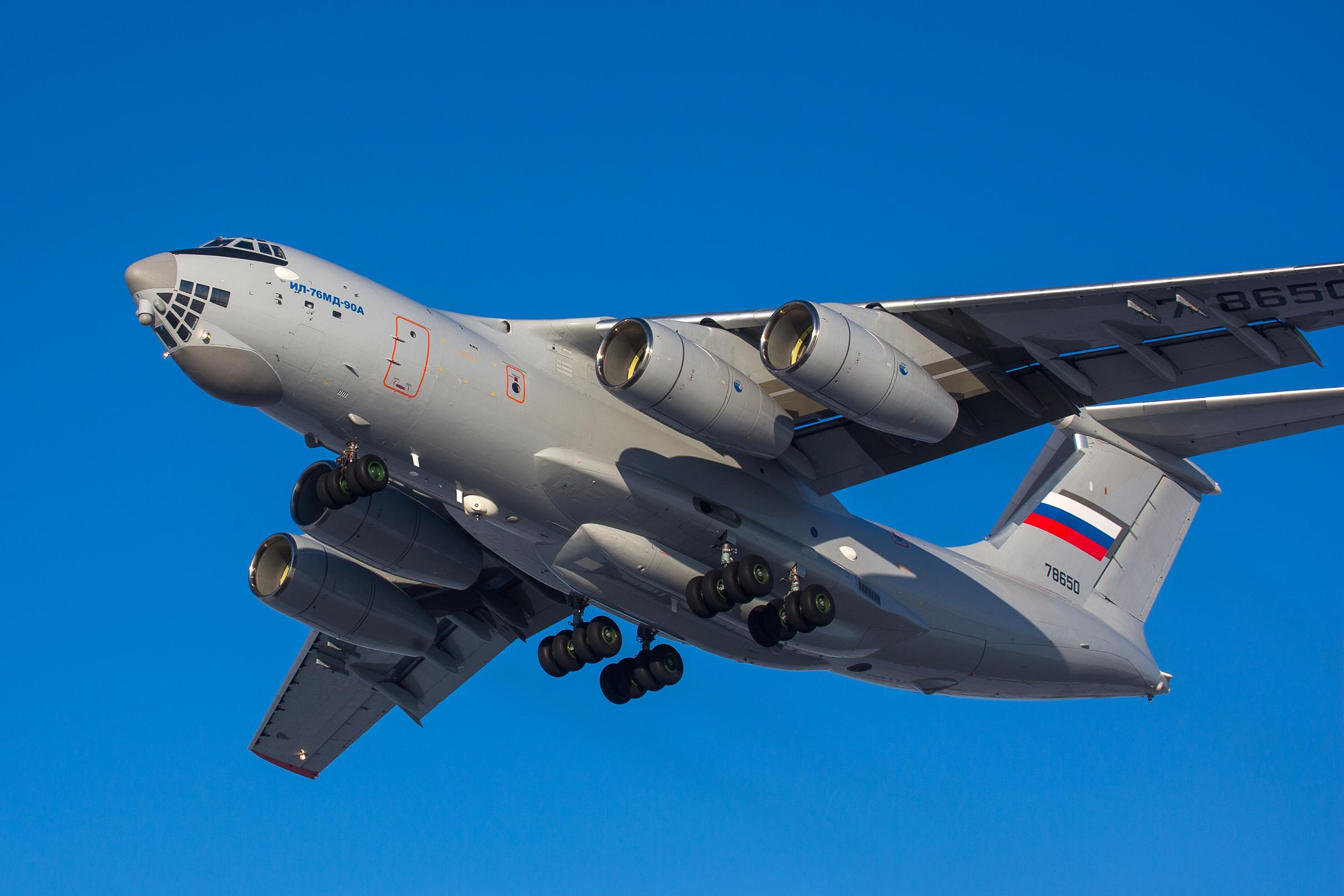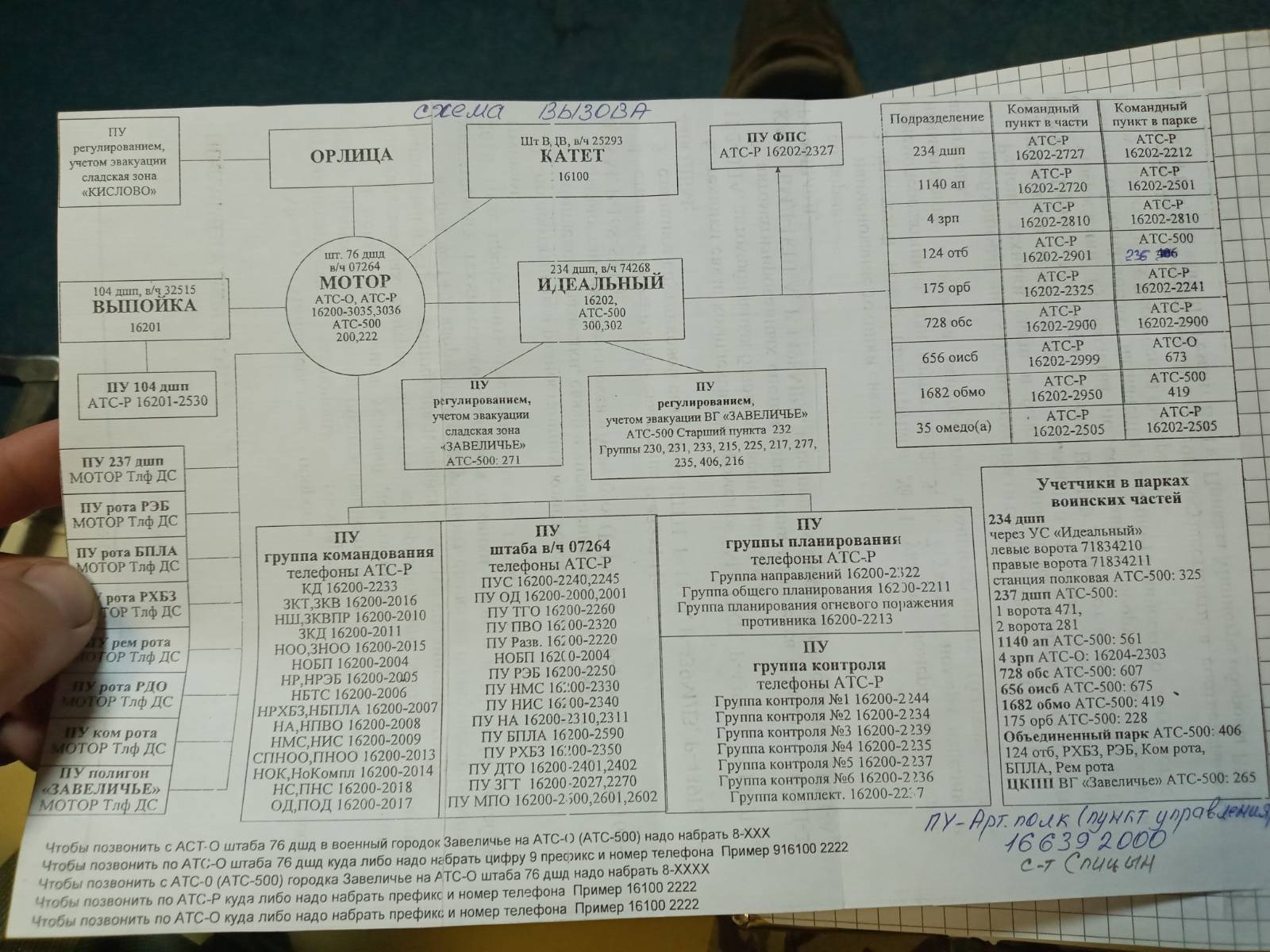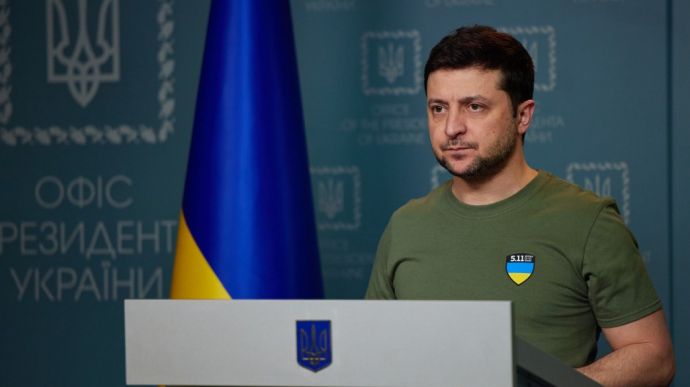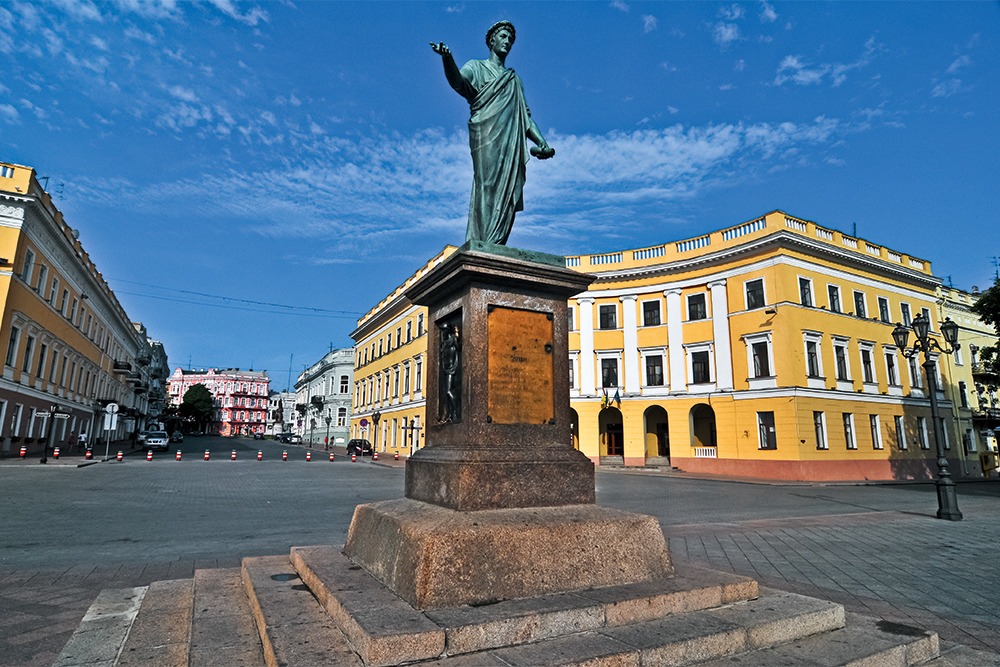The recent meeting between Azerbaijani President Ilham Aliyev and Armenian Prime Minister Nikol Pashinyan in Abu Dhabi, the capital of the United Arab Emirates, marks a notable moment in the evolving geopolitics of the South Caucasus. While the negotiations did not produce any immediate breakthrough, the context and setting of the talks carry significant strategic implications — most notably, the absence of Russia.
Post-Karabakh Diplomacy: A Step Toward Peace or a Temporary Pause?
After decades of military and political conflict over Nagorno-Karabakh, Armenia and Azerbaijan are inching toward a sustainable peace. The Abu Dhabi talks represent a continuation of this fragile diplomatic process — but with a crucial shift: the dialogue is happening bilaterally, without Russia acting as mediator.
This development reflects a broader recalibration. Russia, traditionally seen as a guarantor or arbiter in the region, now finds itself increasingly marginalized, while new diplomatic formats and actors are gaining ground.
Moscow’s Waning Influence: A Strategic Vacuum and Realignment
The backdrop to the Aliyev–Pashinyan meeting is marked by deteriorating relations between Moscow and both Baku and Yerevan. Armenia’s domestic political crisis — seen by many as provoked or exacerbated by Russia — and Azerbaijan’s pivot toward alternative partners signal a shift in regional loyalties.
Discussions in the public sphere around the possible establishment of a Turkish military base in Azerbaijan (potentially involving Pakistan) highlight the extent of geopolitical reconfiguration. Analysts suggest that an informal “exchange” may be in the works: Turkey refrains from expanding its military footprint in Azerbaijan, and in return, Russia withdraws its influence from Armenia. Whether symbolic or strategic, this shift reflects a broader erosion of Russia’s role in the South Caucasus.
Central Asia Takes Note: Gradual Disengagement from the Kremlin
The changing dynamics are not limited to the Caucasus. Across Central Asia, countries are responding to Moscow’s diminished authority. Kazakhstan, for example, has banned several high-profile Russian State Duma members and propagandists — including Yevgeny Fedorov, Pyotr Tolstoy, Konstantin Zatulin, Tina Kandelaki, and Alexander Dugin — due to offensive remarks targeting Kazakh sovereignty.
Uzbekistan has initiated criminal proceedings against its citizens participating in Russia’s war against Ukraine, while Turkmenistan has signed agreements with Turkey to export gas via routes that bypass Russian territory. These moves underscore a growing regional trend: post-Soviet states reassessing their strategic dependencies.
Direct Dialogue as a Signal: Peace Without a Middleman?
While the Aliyev–Pashinyan meeting may not yet mark a turning point, it sends a powerful diplomatic signal. The fact that talks are ongoing — and direct — suggests that both Armenia and Azerbaijan remain committed to the possibility of peace. Importantly, they are doing so without relying on traditional mediators like Russia.
Conclusion
The meeting in Abu Dhabi is more than a routine diplomatic encounter. It reflects a profound shift in the balance of power in the South Caucasus, where regional actors are increasingly shaping their futures without Kremlin oversight. As new alliances emerge and old ones fade, the South Caucasus — and possibly the broader post-Soviet space — appears to be entering a new era of multipolar diplomacy.








